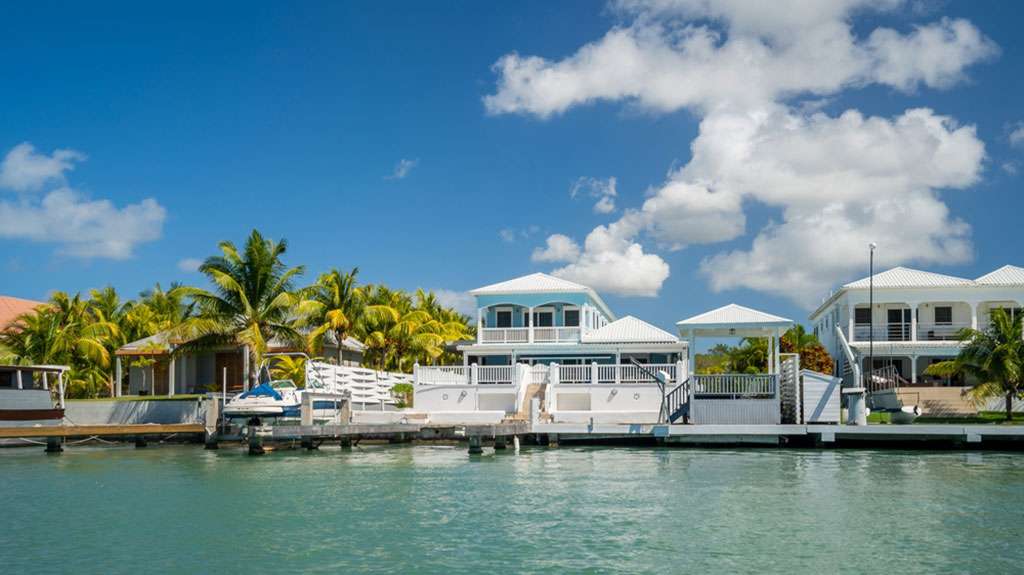With over 30 years’ experience in the UK property market — including an early stint as a director at Savills and now leading research at Zoopla — Richard Donnell is one of the most respected voices in the housing sector.
This month, he sat down with Property Portfolio Investor to share his outlook on house prices, mortgage rates, Labour’s housebuilding plans, and his number-one property investment tip for the next decade.
Slowing prices — but not a crash
Donnell predicts house price growth of just 1% by the end of 2025, down from earlier forecasts of 2%. That slowdown is being driven by higher-than-expected mortgage rates and more homes coming onto the market.
“Slow price growth isn’t necessarily a bad thing, so long as people still feel confident to sell and buy,” he said.
Looking ahead, he expects prices to grow by 2–3% a year over the next decade, roughly in line with income growth — a reflection, he says, of a new normal in affordability.
While base rates may remain stubbornly high, Donnell notes that changes to mortgage stress-test rules have boosted borrowing capacity.
“Buyers can now borrow up to 20% more than they could just three months ago — with the same income and mortgage rate. That’s a positive shift, even if average mortgage rates hold around 4%.”
Will Labour hit its housebuilding target?
Labour’s pledge to deliver 1.5 million homes over the current parliament is, in Donnell’s view, ambitious but unlikely — at least not in cumulative total.
“We might get to a run rate of 300,000 homes per year by 2029,” he said. “Planning reforms and more funding help, but builders are cautious about demand and are calling for a return to schemes like Help to Buy.”
Crucially, Donnell believes building more homes for sale, rent, and shared ownership is the only way to meaningfully improve affordability — especially for first-time buyers.
What’s the biggest crisis in housing?
“Affordability is the defining issue,” he said. “It’s harder to buy, so more people are renting. That drives up demand and pushes rents even higher.”
Donnell says the only long-term solution is to build significantly more homes — across all tenures.
Landlords and the future of buy-to-let
Buy-to-let is still viable, but it’s not what it used to be, says Donnell. Where landlords once relied on house price inflation, today’s focus is all about rental income and cashflow.
“Landlording used to be too easy in the 2000s. Tax reforms rightly levelled the playing field. Now, it’s more professionalised — half of all rented homes are owned by landlords with five or more properties.”
His top investment tip?
Donnell’s pick: a three-bedroom house that needs refurbishment in a commuter town near Manchester.
“It would offer strong rental income and steady capital growth,” he said. “I’d also make sure it could be upgraded to an EPC rating of B or C cost-effectively.”
He also believes there are good opportunities in London leasehold flats, where rental yields are strong — but warns buyers must be selective.
“Prime London has struggled post-Brexit and with tax changes. Value is slowly returning, but much depends on jobs and inward investment.”
Advice for first-time buyers and sellers
For buyers: don’t stretch yourself to buy the smallest home just to get on the ladder.
“A couple planning a family shouldn’t take out a 35-year mortgage for a one-bed. Buy a home you can live in for the next 10–12 years.”
For sellers in 2025, realism is key.
“Many sellers are anchored to a price they ‘need’ to get. But in this market, you may need to decide between a quick sale or holding out and waiting longer.”
His top tip for buyers making an offer? Come prepared.
“Have a mortgage in principle and a conveyancer lined up. Write an email explaining your rationale for the offer. Show you’re serious — it can make all the difference.”
The best and worst investments
Donnell’s best investment? Fixing a base rate tracker mortgage post-financial crisis, which turned out to be a “lucky” but highly profitable move.
“It will have cost the bank money, but the timing was spot on.”
And his worst?
“No major regrets yet — though I do live in an old house that needs constant maintenance. Rising costs for building and insurance will be an increasing issue for all homeowners.”
What would he do with a £100,000 windfall?
Donnell would invest it in a SIPP, spread over 2.5 years, putting in £40,000 a year to maximise tax relief.
“I’d choose a low-cost, 80–100% global equity blended fund,” he added.





